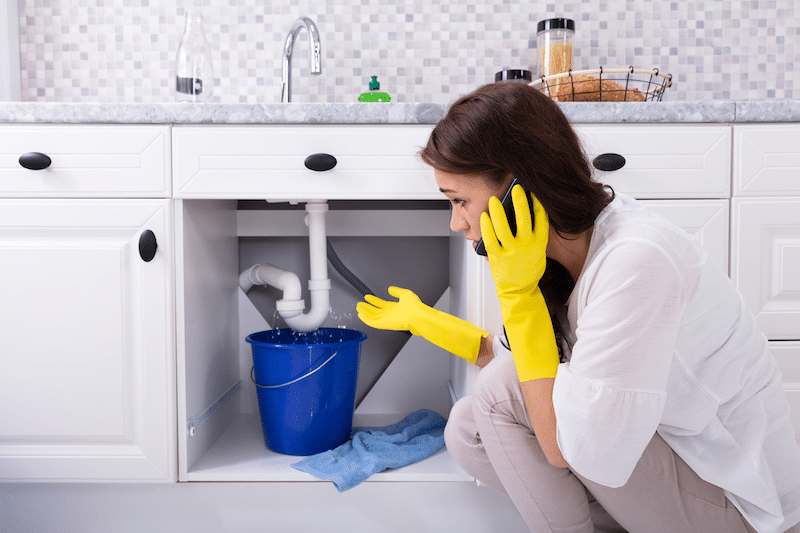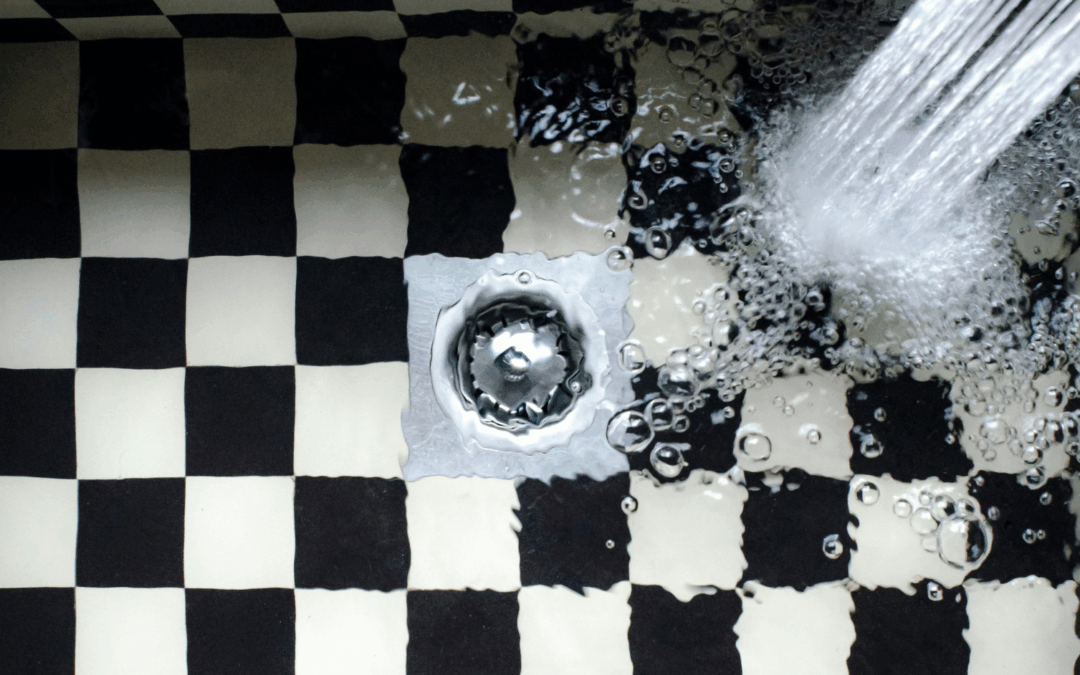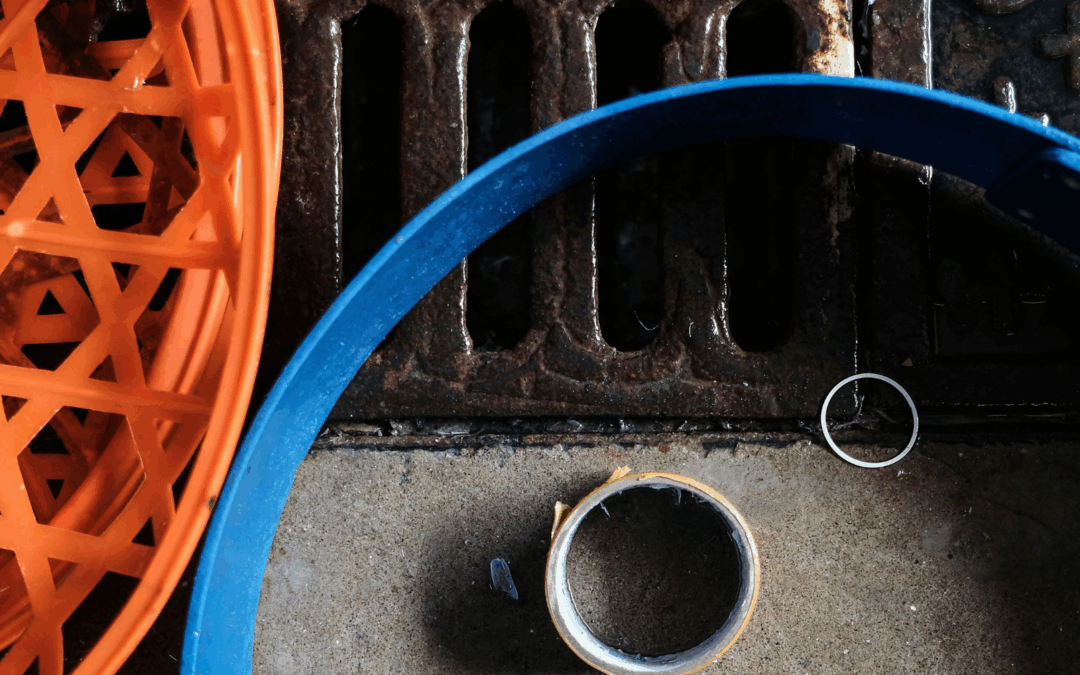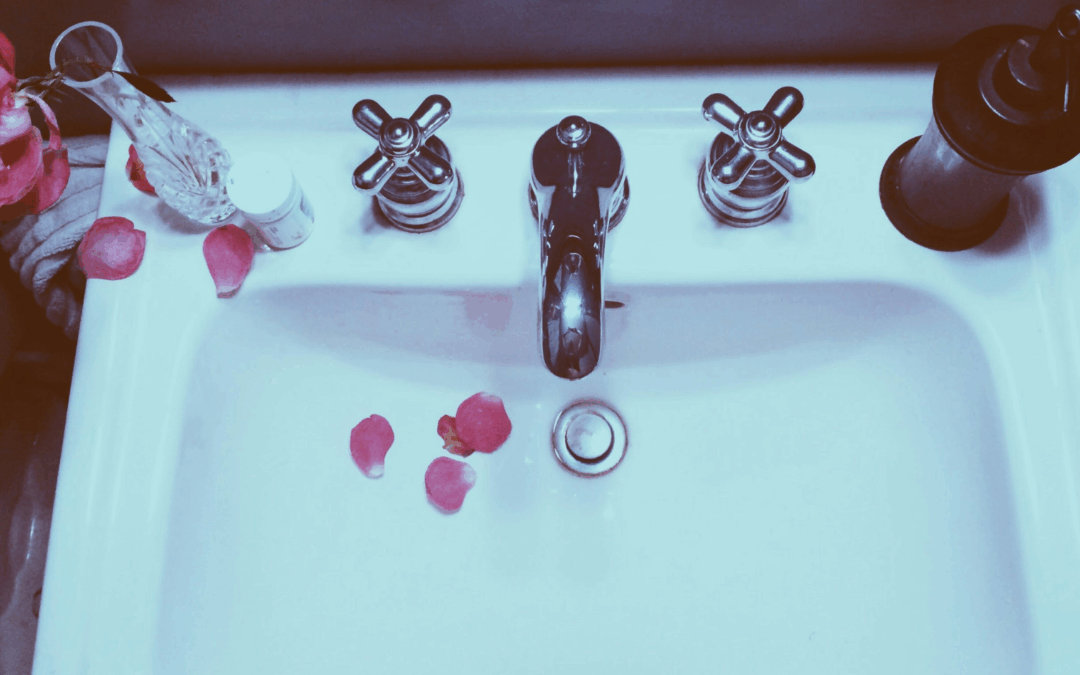No one ever thinks that their plumbing is going to give out on them. But the fact is, plumbing problems are incredibly common, and they can happen to anyone. If you’re dealing with a plumbing problem in your home, don’t panic! We’re here to help. In this post, we’ll take a look at 7 of the most common plumbing problems homeowners face. We’ll also provide some tips on how to fix them yourself, or how to find a qualified plumber if you need help. So read on for your guide to straightening out your plumbing woes!
Common Plumbing problems
1. Dripping Faucets
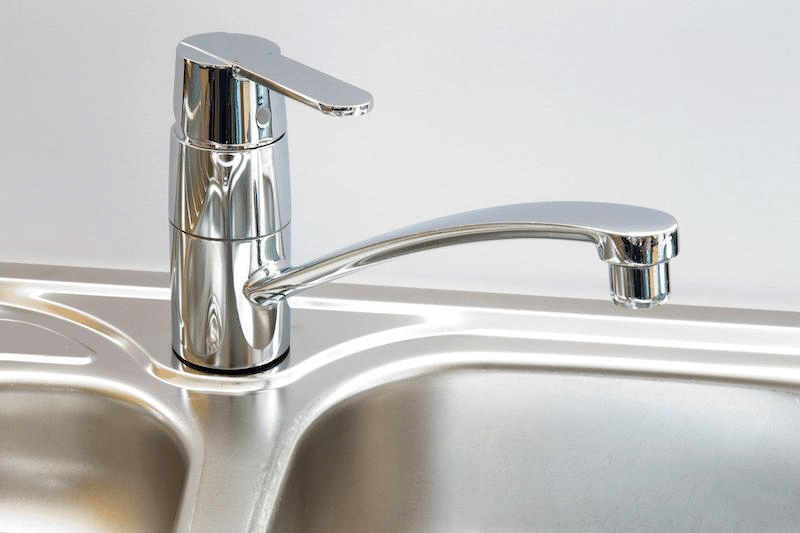
A dripping faucet is one of the most common plumbing problems. If your faucet is dripping, it’s likely because the washer needs to be replaced. You can do this yourself by shutting off the water supply to the faucet and unscrewing the handle.
Schedule Service Online
Get a free estimate so you know what you're signing up for
"*" indicates required fields
For Emergency Services Call: 410-255-9300
Once you’ve removed the handle, you should be able to see the washer. Remove it and take it to your local hardware store to find a replacement that fits. Then, simply reinstall everything and turn on the water supply. The drip should be gone!
This is a really easy problem to fix, but if it’s not done properly, it can cause some serious damage. A dripping faucet can waste a lot of water over time.
Assume that a faucet drips only once per second, which is 86,400 drips each day. At 15,140 drips per gallon, that’s 5.7 gallons of wastewater each day.
That’s more than 2,000 gallons annually or 8 tons of water flowing down the drain straight from the tap-just imagine the water bill. Asides from that, it can also cause chipping or staining around your sink. So if you’re not confident in your ability to fix it yourself, don’t hesitate to call a plumber.
2. Slow Or Clogged Drains
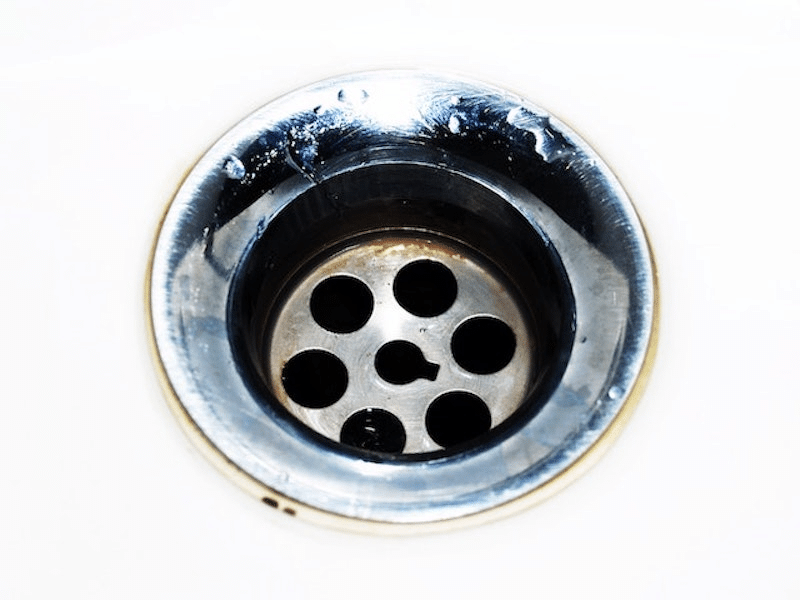
Clogged drains are another plumbing problem that homeowners often face. There are a few things you can try to clear a clog yourself. First, try using a plunger. If that doesn’t work, you can try using a drain snake. If neither of those options work, pour hot water down the drain. Boiling water will usually break up any organic material that’s causing the clog.
If none of those options worked, or if the clog is particularly bad, you’ll need to call a plumber. They have special tools that can clear just about any clog.
Clogged drains are usually caused by organic material like hair or food buildup in the drain. They can also be caused by mineral deposits. To prevent this from happening, make sure you’re using a drain cover. And be careful what you put down your drain. Avoid pouring grease or oil down the drain, as this can solidify and cause a clog.
You should also avoid putting coffee grounds, eggshells, or other small pieces of debris down the drain. If they manage to make it through the drain cover, they can easily become lodged in the pipes and cause a blockage.
3. Low Water Pressure
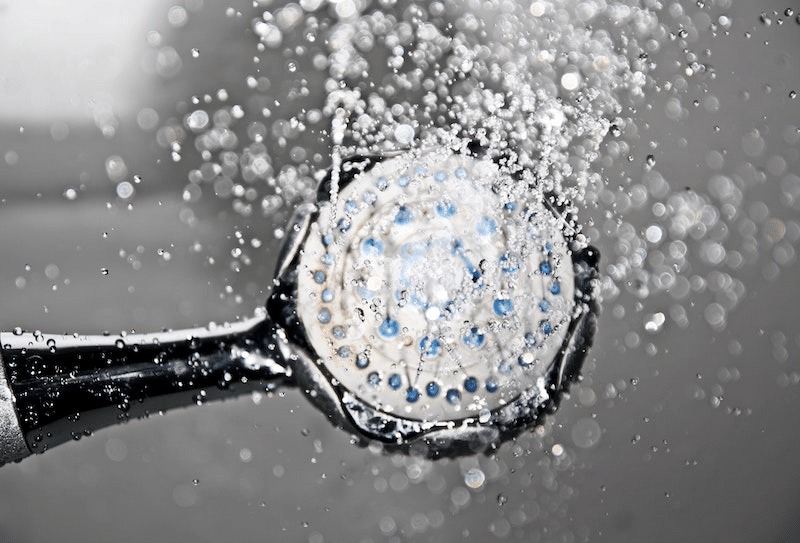
If you’re noticing that your water pressure is lower than usual, it could be caused by a few things. First, check to see if the water pressure in your whole house is low, or if it’s just one faucet. If it’s just one faucet, the problem is likely with that particular fixture.
To fix this yourself, try cleaning out the aerator (the screen at the end of the faucet). It’s possible that there’s sediment clogging it and reducing water flow. You can also try removing the handles and taking apart the valve to see if anything is blocking it.
4. Backed Up Sewer Lines
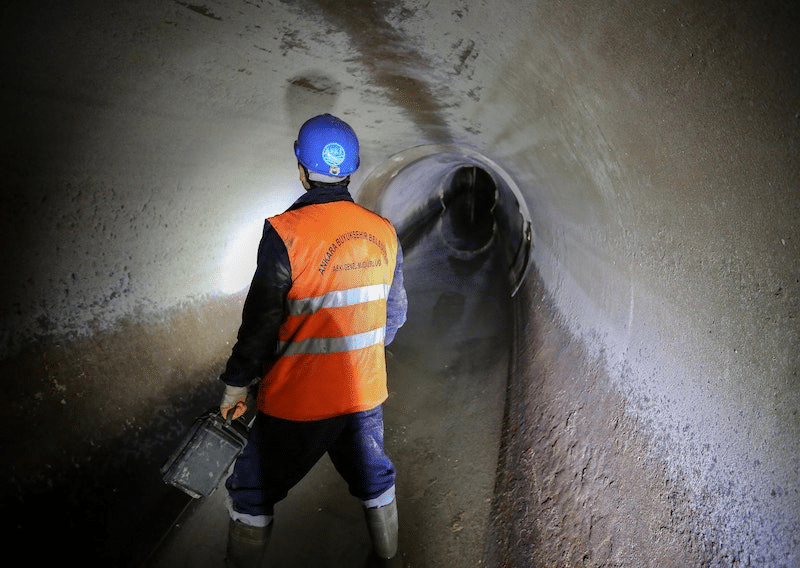
A backed-up sewer line is one of the most serious plumbing problems a homeowner can face and is often classified as a plumbing emergency. This problem is usually caused by tree roots growing into the sewer line and blocking it. If you suspect you have a backed-up sewer line, the best thing to do is call a plumber right away. They will be able to diagnose the problem and come up with a solution.
If you have a backed-up sewer line, you’ll likely notice that your drains are slow or completely clogged. You may also see sewage backing up into your bathtub, shower, or sink. This is a serious health hazard, so it’s important to call a plumber as soon as possible if you suspect there’s a problem.
There are a few things you can do to prevent a backed-up sewer line. First, have your sewer line inspected and cleaned every few years. This will remove any tree roots or other debris that could cause a blockage. You should also avoid planting trees or shrubs too close to the sewer line.
If you do have trees near the sewer line, have them root pruned every few years to prevent them from growing into the pipes.
5. Water Heater Not Working
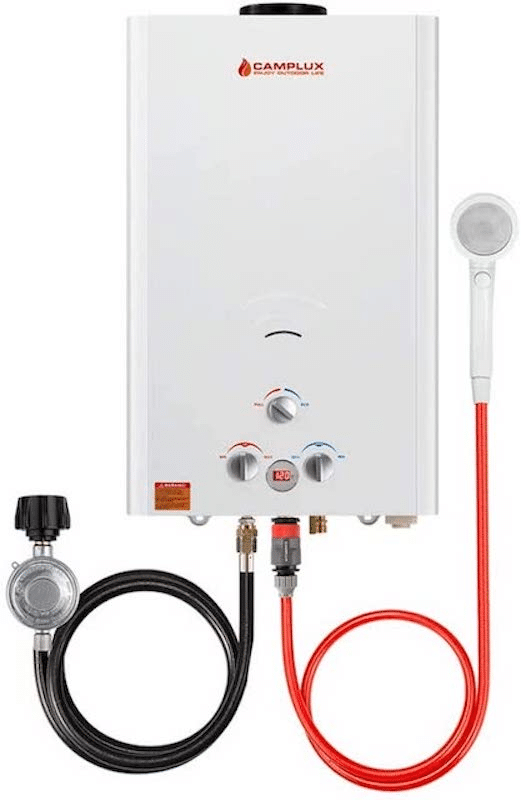
If your water heater isn’t working, the first thing you should do is check the power. Make sure the breaker hasn’t tripped and that there’s power getting to the unit. If that’s not the problem, it’s possible that the pilot light has gone out.
If you have an electric water heater, there may be a problem with the heating elements. You can test this by checking for continuity with a multimeter. If there is no continuity, you’ll need to replace one or both of the heating elements.
If your water heater is gas-powered, the problem may be with the gas supply. Check to make sure the valve is open and that there’s gas flowing to the unit. If not, you’ll need to call your gas company to have them come out and take a look.
Once you’ve determined the cause of the problem, you can either try to fix it yourself or call a plumber. If you’re not comfortable working with gas or electricity, it’s best to leave it to a professional.
Water heaters are one of the most important appliances in your home, so it’s important to keep them in good working order. By being proactive and taking care of minor problems before they become big ones, you can avoid expensive repairs down the road.
6. Leaky Pipes
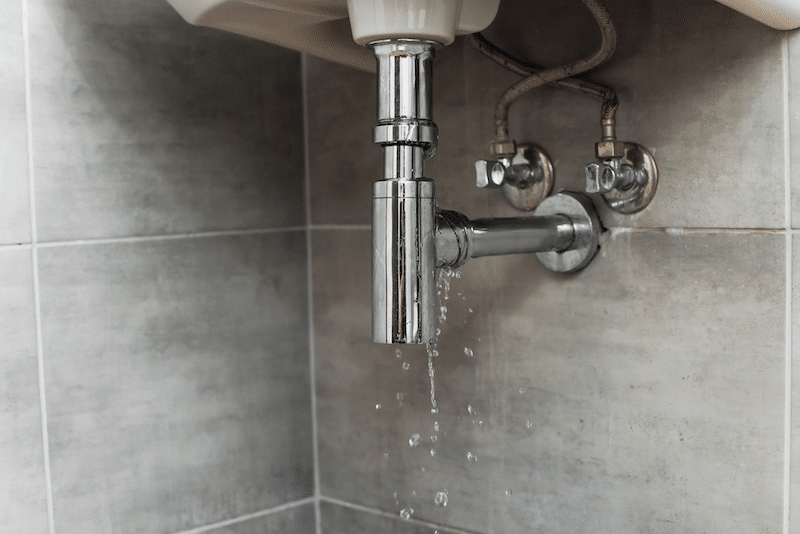
Leaky pipes are one of the most common plumbing problems. They can be caused by a number of things, including corrosion, loose fittings, and damage to the pipe itself. If you have a leaky pipe, the best thing to do is call a plumber so they can take a look and fix it.
To prevent gas leaks from happening, make sure all your pipes are properly insulated. This will help keep them from freezing in the winter and bursting. You should also check for leaks on a regular basis and have any repairs made as soon as possible.
Leaks may seem like minor problems, but if left unchecked, they can cause major damage to your plumbing system.
7. Running Toilets
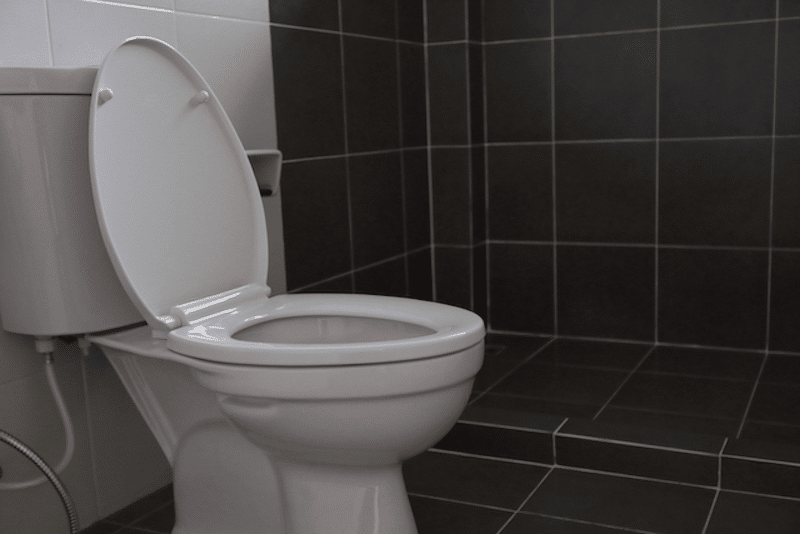
If your toilet is running, it’s likely because the flapper needs to be replaced. The flapper is a rubber seal that sits over the hole at the bottom of the tank. When you flush the toilet, the flapper lifts up and allows water to flow into the bowl.
Over time, the flapper can become worn or damaged and start to leak. This causes water to slowly trickle into the bowl, which wastes water and drives up your bill.
To fix a running toilet, you’ll need to replace the flapper. This is a relatively easy repair that anyone can do. Just make sure you get the right size replacement for your particular toilet model.
A running toilet is not only annoying, but it’s also a waste of water. So if you hear your toilet running, make sure to take care of it right away.
8. Jammed Garbage Disposal
If your garbage disposal is jammed, it’s likely because there’s something stuck in it. The first thing you should do is try to remove the object with a pair of tongs or pliers. If that doesn’t work, you’ll need to turn off the power and use a hex key to remove the blade.
Once the blade is removed, you should be able to reach in and remove the object that’s causing the jam. If you can’t reach it, you may need to disassemble the unit so you can get to it from below.
Conclusion
There you have it, 8 of the most common plumbing problems homeowners face. Some of these problems, like a clogged drain, you can take care of yourself. Others, like a gas leak, are best left to a professional.
The best way to avoid plumbing problems is to be proactive and take care of small issues before they become big ones. By doing this, you can save yourself time, money, and a lot of headaches down the road.
Do you have any questions or suggestions? Leave them in the comments below! Thanks for reading!
Need A Plumber in Maryland? Contact Us!
If you’re in Maryland and need a qualified plumber, contact us today. We offer a wide range of plumbing services to meet your needs. Whether you have a clogged drain or a gas leak, we can help. Contact us today!

